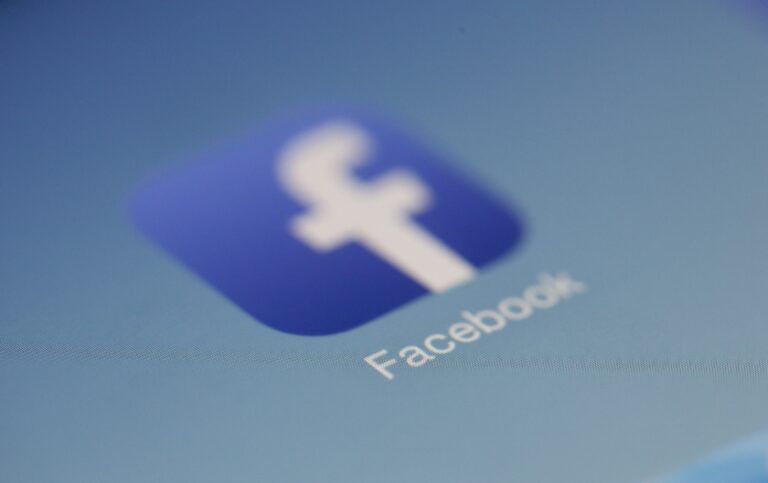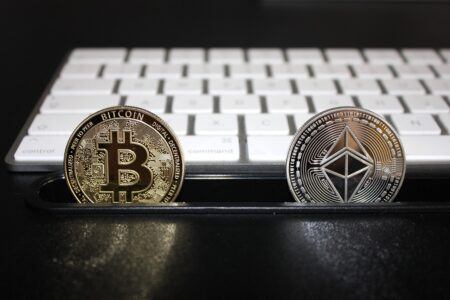On Wednesday (July 3), roughly two weeks after Facebook unveiled project Libra, its Head of Blockchain (more specifically, Head of Calibra), David Marcus, answered some frequently asked questions about this new cryptocurrency.
An Overview of the Libra Project
On June 18, Facebook announced that it is creating a new “low-volatility” cryptocurrency (a fully fiat-collateralized stablecoin) called Libra (LBR), built-on top of a permissioned but public blockchain called Libra Blockchain. It also said that one of its subsidiaries (called Calibra) is building a wallet (called Calibra) that will let you “save, send and spend Libra”.
Libra (LBR) is a cryptocurrency built on top of the Libra Blockchain. It is fully collateralized by the Libra Reserve, which is a basket of cash deposits (corresponding to several fiat currencies) and low-volatility cash-equivalent assets such as “government securities in currencies from stable and reputable central banks.” Libra is available to anyone who has a basic smartphone and internet connectivity, and the aim is to make it be available all over the world.
The Libra Blockchain is “a decentralized, programmable database designed to support a low-volatility cryptocurrency that will have the ability to serve as an efficient medium of exchange for billions of people around the world.” At the mainnet launch (which is expected to take place sometime in 2020), the Libra Blockchain will be secured by 100 validating nodes.
The Libra Association is an independent not-for-profit membership organization headquartered in Geneva, Switzerland. Its role is “to evolve and scale the network and reserve and leads a social impact grant-making program that supports financial inclusion efforts worldwide.” Its members are “a group of diverse organizations from around the world.” The Founding Members “each run one of the validator nodes that form the network that operates the Libra Blockchain.”
Calibra is a wallet for Libra. It is available both as a standalone mobile app (which means you do not need a Facebook account) and also from within Facebook’s Messenger and Whatsapp. It will allow you to send/receive money (Libra) to/from other people; top up (which means converting your local currency into Libra); and withdraw local currency (which requires conversion from your Libra to fiat).
Why Marcus Decided to Answer Some Questions About Libra
The answer is because there are some misunderstandings that he wants to address, and he says that Facebook will continue maintaining a dialog “along the way to keep everyone informed and up to date.”
Although he seems to be the main spokesperson for the Libra project, he would like to “remind everyone that Facebook, through its subsidiary Calibra, is just one of the initial 28 Founding Members that are coming together to form the Libra Association.”
Key Takeaways From Marcus’ Answers
In a post published to his Facebook account earlier today, Marcus answered some of the most common questions he had come across since June 18.
The following are our key takeaways from this post:
- Although the Libra Blockchain is “absolutely designed to be open,” he realizes that it is “definitely not as open as, say Bitcoin.”
- As for decentralization, although they knew that “fungibility of nodes to ensure they can always be replaced over time is a fundamental principle of blockchains,” they had to “start with trusted entities that could operate in a regulated environment and with the operational expertise required to ensure the integrity of the network in its foundational stage.”
- The reason that there is currently no charter for the Libra Association is that Facebook did not want to create one “unilaterally,” and instead wanted “every initial founding member to take part in the hard process of setting up governance rules, picking a Managing Director, and other key decisions that should not be made in isolation.”
- Although some people do not believe that Libra can help with financial inclusion, they feel that the main problem with existing financial services is that they are “designed in such a way that if your balance falls below a certain threshold, you’re charged fees you can’t afford,” whereas with Libra, “anyone with a $40 smartphone and connectivity will have the ability to securely safeguard their assets, access the world economy, transact at a much lower cost, and over time access a whole range of financial services.”
- As for financial regulators and lawmakers, they are “committed to a collaborative process with regulators, central banks, and lawmakers to ensure that Libra helps with the kinds of issues that the existing financial system has been fighting, notably around money laundering, terrorism financing, and more,” and the Libra Association will “continue to engage proactively and openly with all relevant stakeholders on these key issues.”
- What about the lack of public trust in Facebook? Marcus says that this should not be a big concern since “Facebook will not control the network, the currency, or the reserve backing it,” and he points out that “Facebook will only be one among over a hundred members of the Libra Association by launch,” and that it will not have “any special rights or privileges.” Although Calibra is a custodial wallet made by Facebook, Libra users will be able to “use a range of custodial and non-custodial wallets that will have full interoperability with one another, meaning you’ll be able to pay and receive payments across wallets from different companies, or use a software wallet you’d operate on your own.”
- Why is Facebook doing this? If Libra becomes a success, “Facebook will first benefit from it by enabling more commerce across its family of apps.” Also, if they earn “people’s trust with the Calibra wallet over time,” they “will also be in a position to start offering more financial services, and generate other revenue streams for the company.”
Featured Image Credit: Photo via Pexels.com








